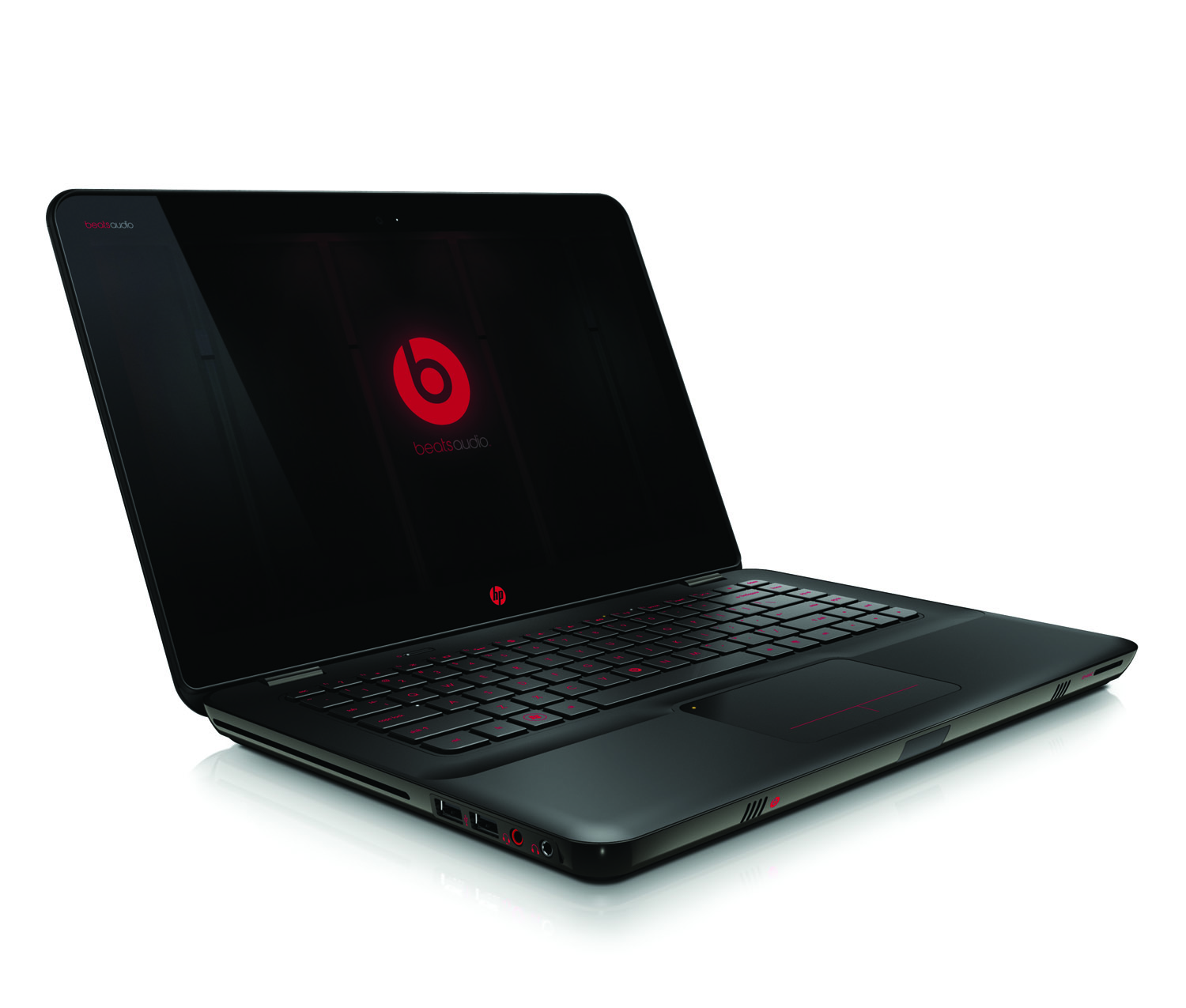Could HP's move spell the end of the PC?
Our love affair with the PC is drawing to a close

Is it me, or is the tech industry trying to cram all of this year's news into a single week?
A few days ago we had Google's surprise acquisition of Motorola Mobility, and now HP looks set to dump its entire PC business. HP tablets and smartphones have already been canned, and the firm clearly intends to sell off its PC arm too.
The two stories couldn't seem more different, but they're both about the same thing: the end of the PC era and the rise of mobile. Google's arming itself for the coming mobile wars, and HP's decided that it can't be bothered competing.
Ch-ch-ch-changes
PCs aren't going away, but the business of making them has changed dramatically. IBM didn't wait for its invention to hit 30 before it decided to flog its PC business to Lenovo - that happened back in 2004 - and HP's decision to dump PCs appears to be motivated by similar concerns: it thinks the future is in services, not hardware.
HP wasn't losing money on PCs, but it wasn't making enough money - despite being the biggest PC manufacturer on Earth.
The PC business has become one of barely differentiated products with ultra-low margins, and the rise of cheap Asian manufacturers - firms that, in many cases, started off making little bits for the PC big boys - has eroded those margins still further. That leaves PC firms with three options: go high-end, go for volume, or get out altogether.
The high end is where you'll find Apple, and it's a tough place to compete: it's not enough to have good products; you have to have desirable products, the kind of things people would sell a kidney to get. MacBook Airs have it. HP Envys, not so much.
Get the best Black Friday deals direct to your inbox, plus news, reviews, and more.
Sign up to be the first to know about unmissable Black Friday deals on top tech, plus get all your favorite TechRadar content.
And of course, it's a particularly tough market to compete in when stockbrockers are hurling themselves from high buildings and most people have stopped spending money on luxuries.
So that leaves going for volume, or going somewhere else. With single-digit profit margins you need to do big numbers to make big money, and HP, like IBM before it, clearly thinks its time and efforts would be better spent elsewhere.
It's probably right. The PC business isn't impossible to make money from - look at Lenovo, which is doing just fine - but it's not the fast-changing, hugely profitable business it used to be. It's just another commodity business.
The PC isn't dead, but our relationship with it is changing: it's gone from white-hot tech to something more akin to white goods. When was the last time you got excited about a washing machine, or a kettle? That's where the PC's heading.
---------------------------------------------------------------------------------------------------
Writer, broadcaster, musician and kitchen gadget obsessive Carrie Marshall has been writing about tech since 1998, contributing sage advice and odd opinions to all kinds of magazines and websites as well as writing more than a dozen books. Her memoir, Carrie Kills A Man, is on sale now and her next book, about pop music, is out in 2025. She is the singer in Glaswegian rock band Unquiet Mind.
Most Popular


